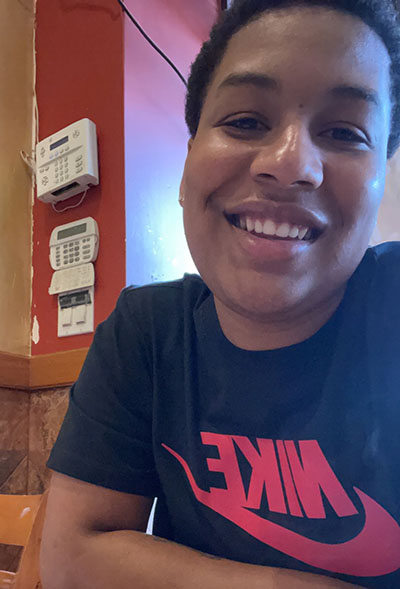
Michael F.
Chatsworth, Georgia
Can you imagine feeling lost or alone with no one to guide or support you in your life? For youth in foster care, this is often their reality — one that can be changed by having supportive adults, staff, and mentors.
Adult supporters and staff are crucial to foster youth feeling safe and successful. Mentorship is a critical piece in the puzzle that is success. It’s like a “flash pass,” or shortcut, to achieving their goals. People need to remember that foster youth are still just kids, and these kids need the guidance of a mentor or supportive adult.
Foster youth are expected to have a roadmap for their life when they are semi-young, which can be confusing and difficult. Adult supporters and mentors can help to guide them and make the path to adulthood a heck of a lot less stressful. Youth in foster care have a limited amount of experience with support, but it’s needed. We need support to be successful, feel safe, and feel wanted.
When I entered foster care, I felt abandoned and unwanted. The lack of support I received from adult supporters, staff, or mentors did not help that feeling. During my time in foster care, I had to advocate for myself to be considered for adoption. I didn’t receive support in that desire, and I blamed myself for not getting adopted. This led to more feelings of being unwanted and not “good enough.” Lack of support can add to the plethora of mental and emotional issues that youth already feel from their time in care.
Having adult supporters, staff, and mentors who care and are in it for the right reasons is essential. This could make youth feel safe, loved, supported, and hopeful. I personally feel that if I had adult supporters and staff in my corner, navigating foster care and its effects would’ve been a lot easier. I believe that adult supporters and mentors while youth are in care can help them to come out of that system with less trauma and issues.







